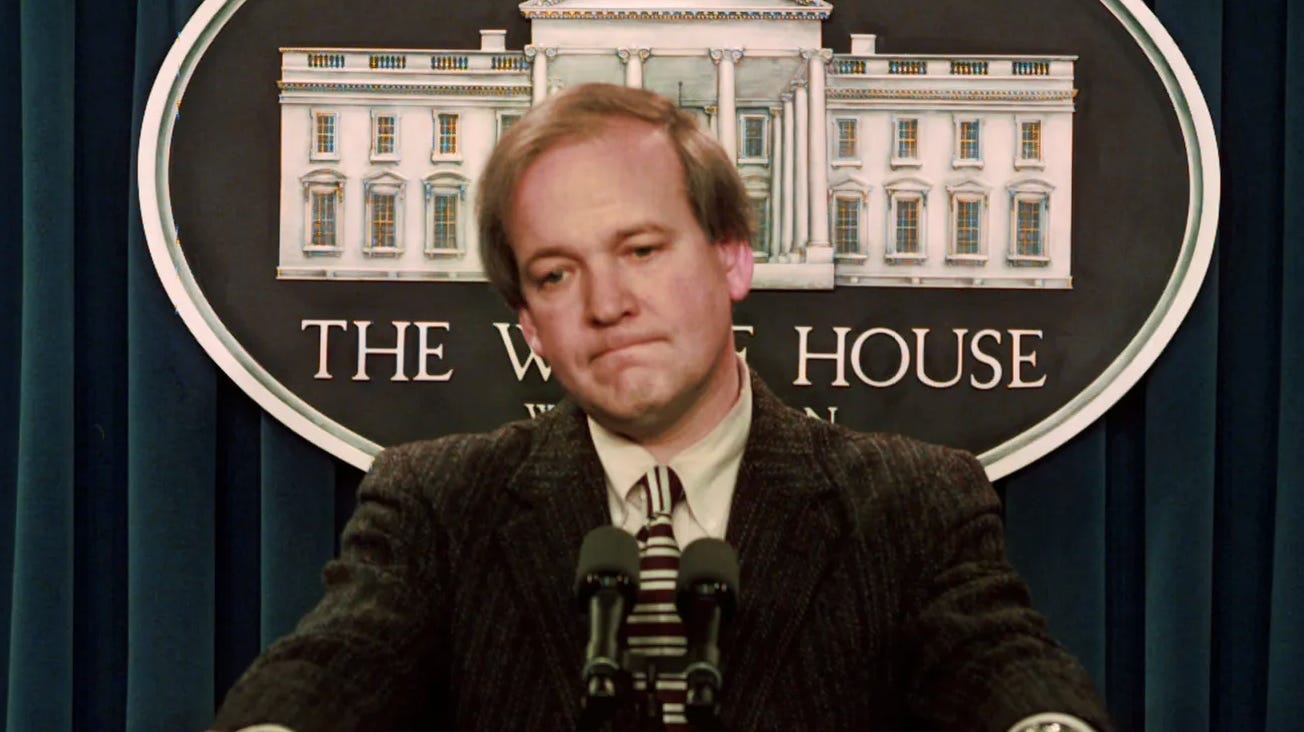An Interview with Mike McCurry
On moderators, questions, and decision-makers in our Presidential debates.
This interview with Mike McCurry, President Clinton's press secretary and co-chair of the Presidential Debate Commission was conducted by Tatti Ribeiro for franknews. Originally published 3.7.19
Can you elaborate on the process of creating the Presidential debates we all watch?
The Commission on Presidential Debates (CPD) was created in 1987 when the two chairs of two of our political parties (Democratic and Republican) recognized it was in the national interest to have Presidential debates, without a lot of "debates about debates." Paul G. Kirk Jr and Frank Fahrenkopf said, let's set the debates and expect the candidates to show up. And they did.
Who are the primary decision-makers now?
The debates are set up by the commission. We decide the venues, the dates, and the moderators. The rest is up to the candidates and the moderators, who have sole discretion to determine the questions.
What were the major changes to the most recent Presidential debates in 2016?
The only major change we are trying to incorporate is more questions from social media. There have been mixed results on that. More work needs to happen on that front in 2020.
Do you anticipate more changes in 2020?
Yes, more social media engagement.
It’s been assessed that audience response greatly influences at-home viewers on candidate performance. Do you feel it’s enough to warrant a transition back to the Kennedy / Nixon style debate that was held in a closed studio?
Interesting question. We try to minimize audience reaction but it is inevitable in a large crowd. On the other hand, some candidates (Bill Clinton and Donald Trump to name two) needed an audience to play off of. They probably would have been less effective in a studio format.
How do you encourage candidates to question each other rather than focus on the moderator?
We don’t encourage candidates one way or another on how to engage. It’s their debate, really. Up to them.
Do you find journalists as moderators the most effective?
We’ve picked broadcast journalists as moderators because they are supposed to be fair, impartial, and balanced. And that’s what they’ve been. The idea of getting folks outside (like university presidents, one suggestion) is hard because it is a live, nationally televised broadcast. So you need people moderating who know how to manage a live TV broadcast...which is not easy, trust me.
Should moderators have to sign the MOU?
No, we don’t sign MOUs that the campaigns create and we don’t expect the moderators to sign. The campaigns can create their own understandings of what will happen at the debates but the debates are for the American people, not to give advantage to one side or the other. So the CPD stays out of the “MOU” discussions and we don’t ask the moderators to participate either.
Why is debate so important?
The debates are opportunities to see the major candidates for President think on their feet, hear their visions for the future of the country, see them contrast their opinions and perspectives with opponents, and see how they behave and react under enormous pressure. Those are good things to learn about someone who wants to be the President of the United States.



